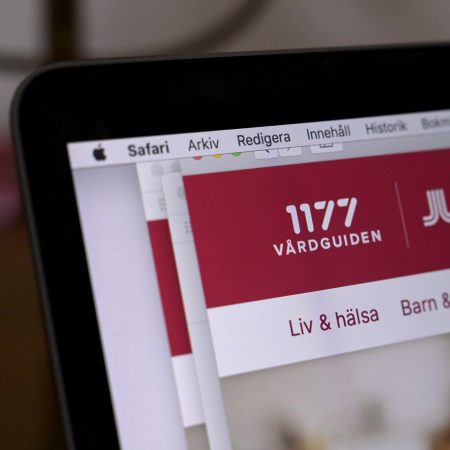The system, a chatbot, should act as the first contact between the 1177 care guide and the patient instead of a phone call to a nurse. By answering the patient’s questions and describing his or her symptoms, his or her needs should be determined. Either the patient should receive self-care, chat with a nurse or have a video meeting with a doctor, writes Today’s news.
Inera, a company owned by the Swedish Municipalities and Regions, SKR, previously conducted a random sample, which showed discrepancies in three out of ten cases. And according to an internal report seen by SVT, there are major risks to patient safety with the system. The report states that in three out of ten cases, patients were given the wrong priority according to SVT.
One of the regions where the supplier’s chatbot has been tested is the Västra Götaland region. But the region suspended service after a test run revealed flaws.
The company behind the service contradicts the data, claiming it is more accurate at prioritizing than a real nurse. Tobias Perdahl, chief physician at Platform 24, the company behind the system, tells Dagens Nyheter that digital triage needs to be a little more careful than manual telephone triage to have a margin of safety.
He tells Läkartidningen that he is against the term ‘wrong’. The reported deviations can be seen as feedback with a view on triage, for example how questions are asked. He cannot comment on VGR’s report because it is not yet official and Inera’s report is almost added to the documents.
– All input from the Inera report has already been addressed since last spring, he tells Läkartidningen, pointing out that Platform24 has not had a single Lex Maria report about product defects.
The article has been updated.
Lakartidningen.se

“Troublemaker. Typical travel fan. Food fanatic. Award-winning student. Organizer. Entrepreneur. Bacon specialist.”






